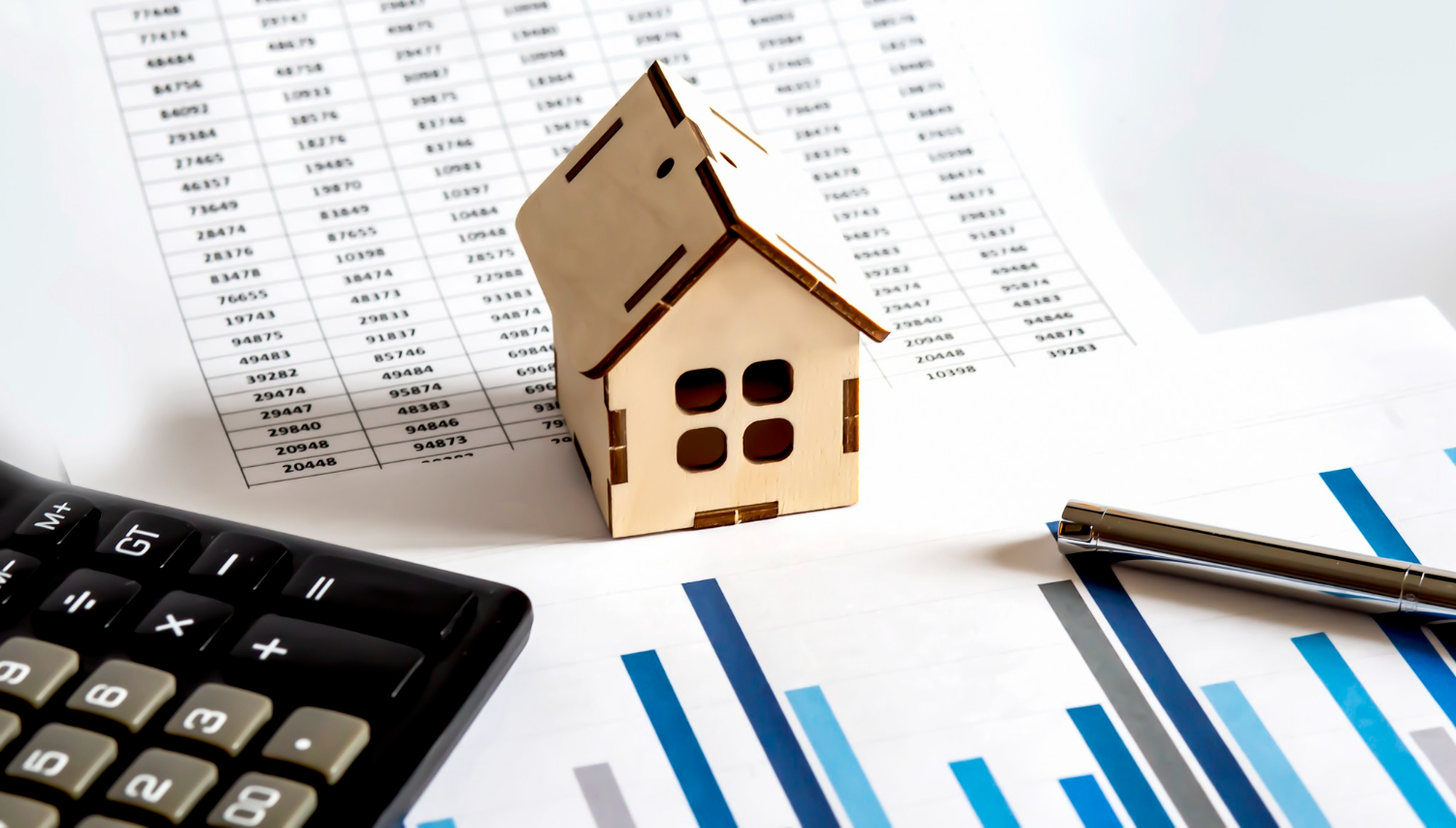Municipal Assessment or Market Value?
Over the past year, many homeowners have seen the value of their homes jump dramatically. Fuelled by an overheated real estate market, many properties are selling quickly at high prices. Many homeowners want to know if the market value or the municipal assessment is best for setting the true value of their property. Read on to learn the differences between the two and whether you have set a fair listing price.

1. Municipal assessment
The municipal property
assessment represents the sum of the estimated value for both the lot and
buildings. It is carried out by the city or municipality where the property is
located. The reason for the exercise is to determine the property taxes each
homeowner will have to pay during the year. It is valid as of July 1, 18 months
before the next assessment roll comes into effect, and is carried out every 3
years[1]. This information is usually found in the listing
information for each property for sale. If this is not the case, contact the
real estate broker responsible for the listing.
As a rule, the municipal property assessment is carried out by accredited appraisers mandated by the city who calculate the block value of comparable dwellings. In other words, the value of each property is not assessed individually but is based on nearby properties as a group. Even if undertaken by professionals, the estimate remains approximate and does not make it possible to precisely determine the true value for each property. Moreover, since the assessment roll is in effect for a fixed period of three years, it is not completely representative of an ever-changing market.
Would you like to do
some research on your own? Consult the Quebec Online Land Register (in French only) to view the assessment roll for
properties in your neighbourhood or the property you are interested in buying.
2. Market value
The market value of a property, on the other hand, reflects current developments in the real estate market. It is generally carried out by an accredited appraiser who considers various factors such as[2]:
- property type
- year of construction
- interior and exterior features
- lot size
- location
The property will also be compared to other similar properties that have recently been sold. Thus, unlike the municipal assessment, the market value is not fixed for a given period and fluctuates according to supply and demand, which makes it much more precise.[3]
In this context,
renovations or improvements made to a property could favourably affect its
price. But the reverse is also true: the market value of a property requiring
renovations could be influenced downwards – which is not necessarily considered
in the municipal assessment.
3. How to properly set the selling price of a property?
Knowing the above, what is the best way to determine the right price for a property? As you may have guessed: market value remains a more reliable indicator. As it takes into account both a greater number of factors as well as changes in the market, it is more representative of the real price of a property.
To sell or buy at the best possible conditions, consider teaming up with a real estate broker. With an in-depth understanding of the market and an extensive network of experts, your real estate broker will help you set the right price for your property or ensure you have all the facts you need to negotiate the purchase of your future home.
See also: